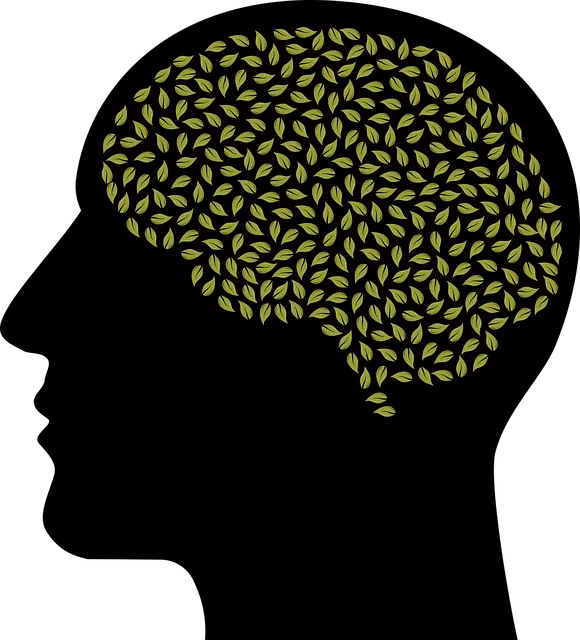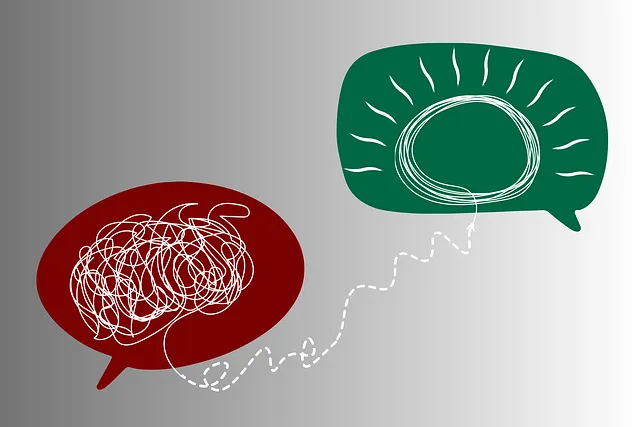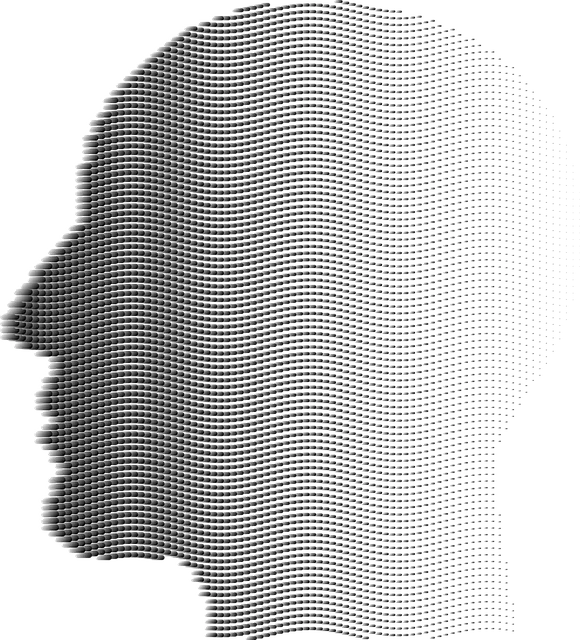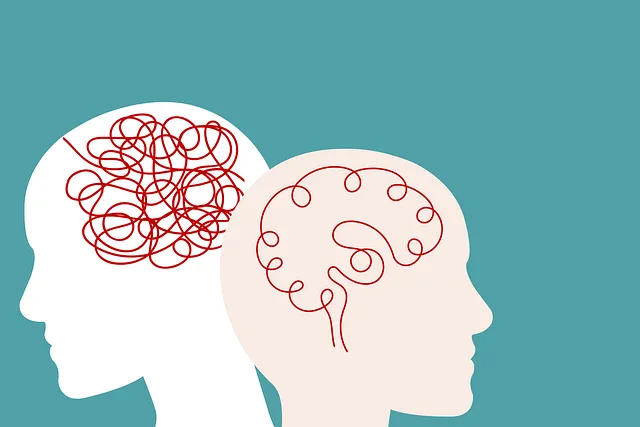In today's healthcare environment, especially at the Kaiser Permanente mental health center in Aurora, there's a growing focus on comprehensive mental wellness coaching programs aimed at preventing burnout among healthcare providers. These programs prioritize resilience building and evidence-based practices, incorporating social skills training and cultural sensitivity to deliver holistic care for diverse patients. Technology integration through digital platforms offers accessibility and personalized support, while effective evaluation strategies measure tangible progress in client well-being. The Kaiser Permanente mental health center in Aurora serves as a model for successful coaching programs that benefit both patients and practitioners.
Mental wellness coaching programs are gaining prominence as essential tools for promoting holistic well-being. This article explores the development of such programs, focusing on the innovative practices at the Kaiser Permanente Mental Health Center in Aurora. We delve into designing effective curricula, integrating evidence-based practices, and leveraging technology to scale access. Additionally, we discuss evaluation strategies to measure the impact of these programs, highlighting their potential to transform mental health support within healthcare systems like Kaiser Permanente.
- Understanding the Need for Mental Wellness Coaching Programs
- Designing Effective Coaching Curricula at Kaiser Permanente Mental Health Center Aurora
- Integration of Evidence-Based Practices in Coaching Interventions
- The Role of Technology in Delivering and Scaling Mental Wellness Coaching
- Measuring Success and Impact: Evaluation Strategies for Coaching Programs
Understanding the Need for Mental Wellness Coaching Programs

In today’s fast-paced and demanding healthcare environment, especially at renowned facilities like the Kaiser Permanente mental health center in Aurora, there is a growing recognition of the need for comprehensive mental wellness coaching programs. The well-being of healthcare providers, who often face high stress levels and emotional strain, is no longer an afterthought but a strategic priority. Initiatives focused on resilience building among medical professionals are emerging as essential tools to combat burnout, ensuring these dedicated individuals can sustain their work over time.
The development of mental wellness coaching programs mirrors the evolving understanding of mental health as a critical component of overall well-being. By integrating these programs into healthcare systems, institutions like Kaiser Permanente aim to support not just patients but also the practitioners who play a pivotal role in delivering quality care. This proactive approach to burnout prevention strategies for healthcare providers not only benefits individual professionals but also contributes to a healthier and more sustainable healthcare workforce.
Designing Effective Coaching Curricula at Kaiser Permanente Mental Health Center Aurora

At Kaiser Permanente Mental Health Center Aurora, designing effective coaching curricula involves a multifaceted approach to cater to diverse patient needs and cultural backgrounds. The center recognizes that a tailored mental health education program is key to improving outcomes for its varied clientele. This involves incorporating not just evidence-based practices but also social skills training to enhance communication and empathy between patients and care providers.
Cultural sensitivity in mental healthcare practice is another critical component integrated into the coaching curricula. Recognizing and respecting different cultural beliefs, values, and practices ensures that interventions are inclusive and effective. By combining robust Mental Health Education Programs Design with social skills training and a focus on cultural sensitivity, Kaiser Permanente Mental Health Center Aurora strives to deliver holistic care that respects individuality while fostering positive mental wellness outcomes.
Integration of Evidence-Based Practices in Coaching Interventions

The development of mental wellness coaching programs must integrate evidence-based practices to ensure their effectiveness and impact. Drawing from resources like the Kaiser Permanente mental health center in Aurora, professionals can incorporate strategies that have been rigorously tested and proven successful. This includes integrating Mental Health Education Programs Design that focus on raising awareness, fostering understanding, and promoting proactive self-care.
Furthermore, communication strategies play a pivotal role in coaching interventions. Enhancing emotional intelligence through these strategies enables coaches to build strong connections with clients, foster open dialogue, and tailor support to individual needs. By combining evidence-based practices with robust communication techniques, mental wellness coaching programs can deliver transformative experiences that positively impact the well-being of participants, as evidenced by the success stories from organizations like Kaiser Permanente.
The Role of Technology in Delivering and Scaling Mental Wellness Coaching

The integration of technology has revolutionized the way mental wellness coaching programs are delivered and scaled, especially in centers like the Kaiser Permanente mental health center in Aurora. Digital platforms offer accessibility and flexibility, allowing individuals to access coaching from the comfort of their homes. Online sessions through video conferencing, for instance, have become a game-changer, breaking down geographical barriers and ensuring continuity of care. This is particularly beneficial for those who may face challenges in attending in-person sessions due to time constraints or physical limitations.
Moreover, technology facilitates personalized coaching by providing tools to track progress, assess needs, and offer tailored interventions. Mobile apps and digital platforms can incorporate features like mood tracking, mindfulness exercises, and self-care reminders, fostering a sense of empowerment and promoting inner strength development. Additionally, leveraging social media and public awareness campaigns development through digital channels can help destigmatize mental health conversations, encouraging more people to seek support and engage in self-care practices.
Measuring Success and Impact: Evaluation Strategies for Coaching Programs

Measuring success is a critical aspect of any coaching program, especially when dealing with sensitive and personal topics like mental wellness. At the Kaiser Permanente mental health center in Aurora, professionals employ a range of evaluation strategies to assess the impact and effectiveness of their coaching initiatives. These methods go beyond simple satisfaction surveys to gain a comprehensive understanding of clients’ journeys.
One key approach involves tracking behavioral changes using tools aligned with Mind Over Matter Principles. By monitoring improvements in coping mechanisms, stress management, and emotional regulation, coaches can demonstrate tangible progress. Additionally, focusing on confidence-boosting techniques allows for the measurement of increased self-assurance and problem-solving skills. Empathy Building Strategies are also evaluated to ensure clients develop deeper understanding and connection with themselves and others, fostering a supportive environment essential for sustained mental wellness.
Mental wellness coaching programs, as exemplified by the successful models at the Kaiser Permanente Mental Health Center Aurora, are transforming access to care. By integrating evidence-based practices and leveraging technology, these programs offer scalable, effective support for individuals seeking improved mental health. As we navigate a world where stress and anxiety are prevalent, the development of such initiatives is more crucial than ever. Through rigorous evaluation strategies, we can ensure that these programs continue to make a meaningful impact, improving lives and fostering resilience in communities across the globe, including the vibrant population served by Kaiser Permanente Aurora.






